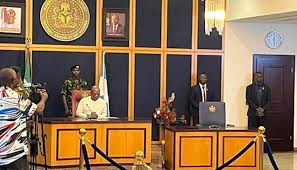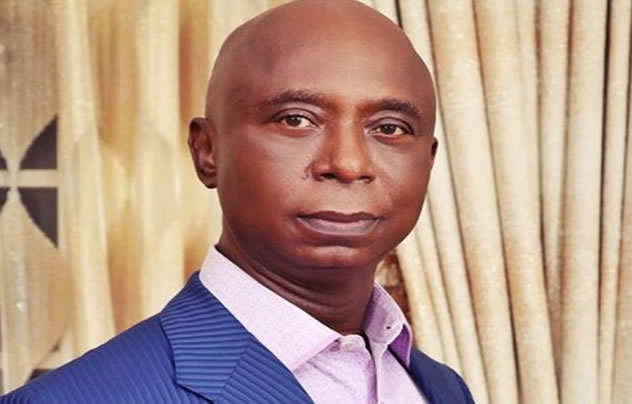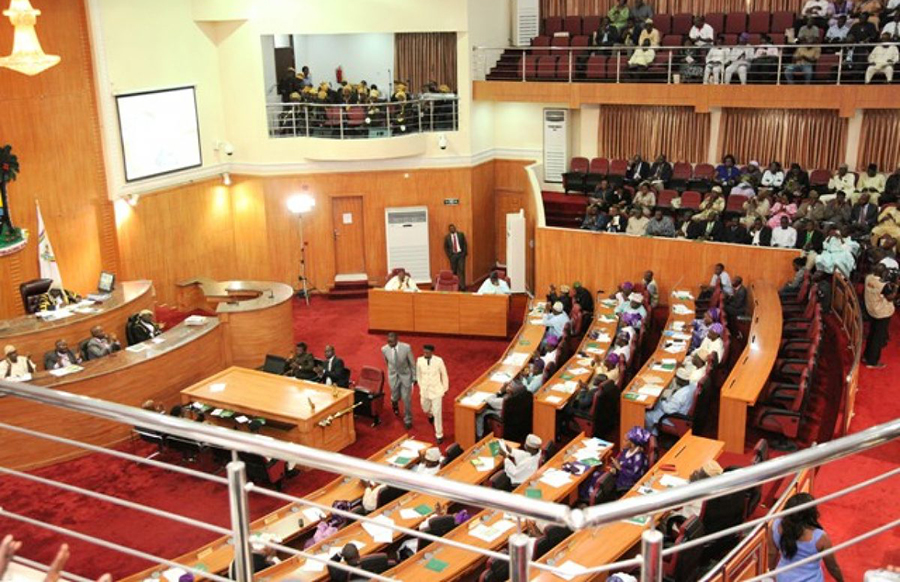Foreign News
Thailand Reports New Daily Record of Nearly 10,000 COVID-19 Infections
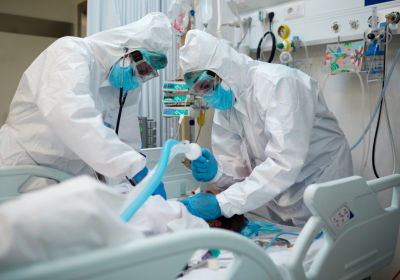
Thailand hit a new daily record with the discovery of nearly 10,000 new coronavirus cases on Monday.
This is coming after massive infections were found in the prison system, official data showed.
The country reported 9,635 new cases, including 6,853 infected in the prison system, according to the Centre for COVID-19 Situation Administration (CCSA).
The sharp increase in new infections was a result of massive active cases found in prisons across the country.
During the first two weeks of May, health authorities checked over 24,000 inmates in eight prison facilities, of which 10,748 were found to be infected.
Meanwhile, 2,200 were waiting for test results, Natapanu Nopakun, an official at the Ministry of Foreign Affairs said at the CCSA daily news briefing.
Excluding the prison clusters, the tally of Monday’s new infections reached 2,782, with the capital Bangkok registering the largest count of 1,843 new cases.
The new infections brought the country’s total number of infections to 111,082 with more than 70 per cent of the infections having been confirmed since the beginning of April.
This was confirmed by the health authorities when the third wave began and quickly spread across the country.
The death toll climbed to 614, with 25 new fatalities reported on Monday, according to the CCSA.
A large number of new infections came when the country decided to relax some restrictions on dine-in services at restaurants from Monday.
Restaurants in the capital Bangkok and three other provinces can provide dine-in services with the limited serving capacity and operating hours.
Previously, they could only open for food delivery.
As of Monday, 43,268 patients were under treatment in hospitals, with 1,226 in critical conditions, Natapanu said.
Thailand was largely successful in bringing COVID-19 under control last year.
But the resurgence of infections from early this year hit the economy and threatened to undermine its plans to welcome back foreign travellers. (NAN)
Foreign News
Robert Prevost, First US Pope, Appears On The Balcony As Pope Leo XIV
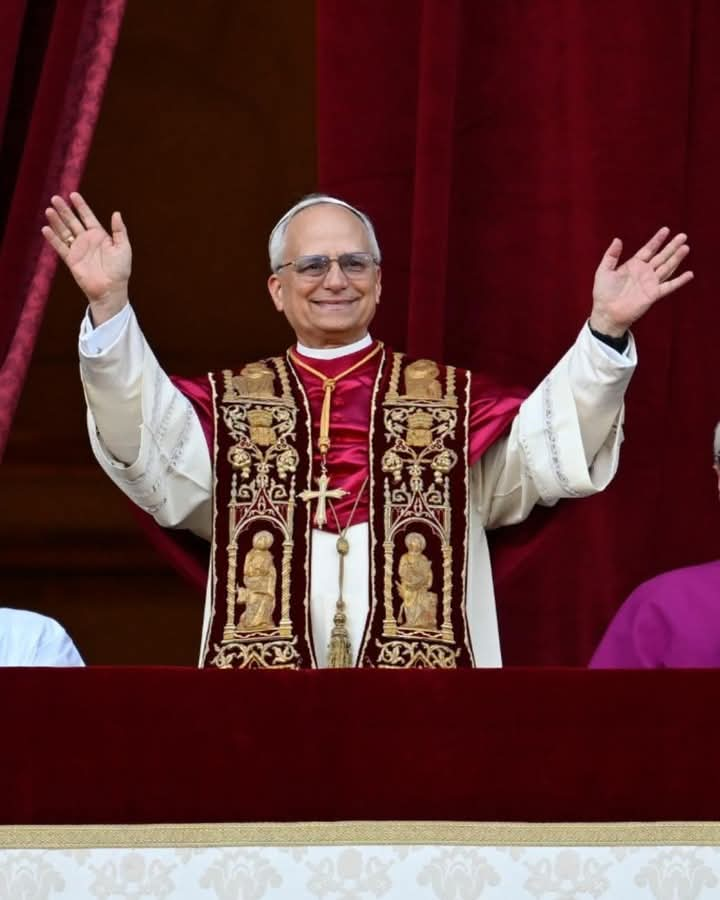
Cardinal Robert Prevost, 69, of the United States has been elected leader of the Catholic Church and will be called Pope Leo XIV.
The leader of the world’s 1.4 billion Catholics appeared on the balcony overlooking St Peter’s Square in the Vatican on Thursday.
He was elected by the secret meeting of cardinals, known as the conclave, in the Sistine Chapel, having secured votes from two-thirds of the eligible electors.
The successful election was indicated by white smoke billowing from a chimney set up on the chapel and the peal of bells from St Peter’s BASILICA.
Pope Leo XIV succeeds Francis, who died on Easter Monday. dpa/NAN) .
Foreign News
UN Must Remain Central to Global Governance

Russian President Vladimir Putin emphasised on Thursday that the United Nations must continue to play a vital role in global affairs, especially as the organisation marks its 80th anniversary.
“Russia and China share the opinion that the UN and its Security Council should continue to play a central role in world affairs,” Putin told reporters following Russian-Chinese talks held at the Kremlin.
Putin noted that both Russia and China pursued independent and autonomous foreign policies and were committed to promoting a fair, multipolar world order.
He also highlighted the countries’ active cooperation within multilateral platforms such as BRICS and the Shanghai Cooperation Organisation (SCO).
Additionally, the Russian president stated that Moscow and Beijing would continue efforts to align integration initiatives between the Eurasian Economic Union (EAEU) and China’s Belt and Road Initiative. (RIA/NAN)
Foreign News
Huawei to Launch 1st HarmonyOS-Powered PCs on May 19
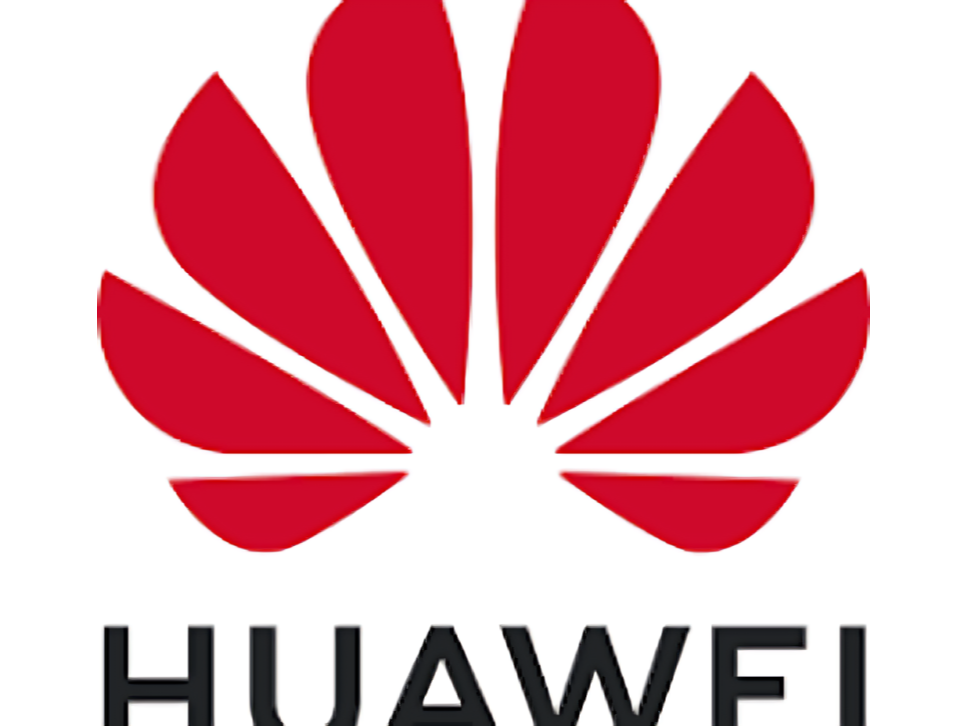
Chinese tech giant Huawei on Thursday said that the first line of its personal computers (PCs) powered by HarmonyOS operating system would be launched on May 19.
The upcoming release would mark a significant expansion of Huawei’s HarmonyOS ecosystem, which already powers its smartphones and tablets.
By launching computers equipped with the country’s first homegrown operating system for the general public, Huawei seeks to challenge the long-standing dominance of Microsoft’s Windows and Apple’s macOS in the PC market.
Huawei’s HarmonyOS-powered computers are the result of five years of research and development.
The company emphasised that the system incorporates strong security features, including a dedicated security chip for encryption, secure access mechanisms and encrypted data sharing.
“The new computers would enable seamless interaction across Huawei devices, allowing users to control and move between the screens of their phones, tablets and computers with a keyboard and mouse.
“HarmonyOS-powered computers support connectivity with over 1,000 external devices and currently have more than 150 dedicated PC applications and over 300 ecosystem-compatible applications,” it said.
HarmonyOS, or Hongmeng in Chinese, is an open-source operating system designed for various devices and scenarios, including intelligent screens, tablets, wearables and cars.
It was first launched in August 2019.
Analysts said that Huawei would have to work harder to attract users in the initial periods, as the mainstream Windows and macOS operating systems offer more mature applications. (Xinhua/NAN)

